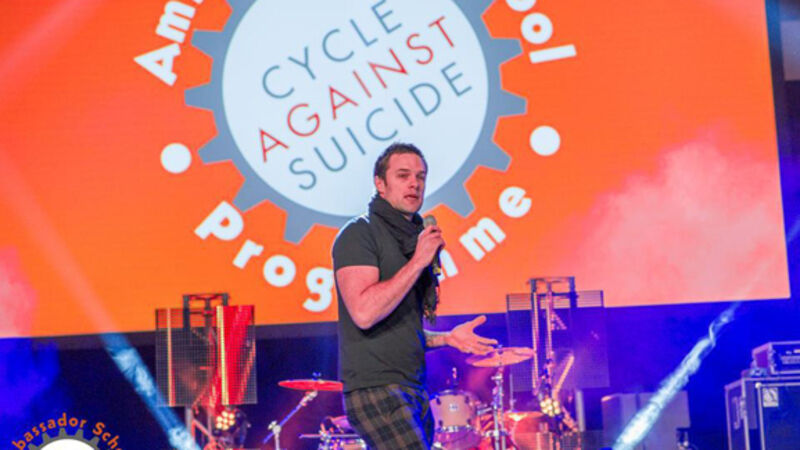Denise Hall: Cyclists put focus on suicide awareness

“It was something that was spoken about in whispers and hushed voices, something which everyone knew was there, but went unacknowledged in the open — a source of shame on families who had been marked by the loss,” one researcher concluded last year.
While views have changed and suicide is no longer considered to be a mortal sin by the Catholic Church, the topic of suicide can still arouse shame and a desperate sense of failure in the minds of those who have been affected.










